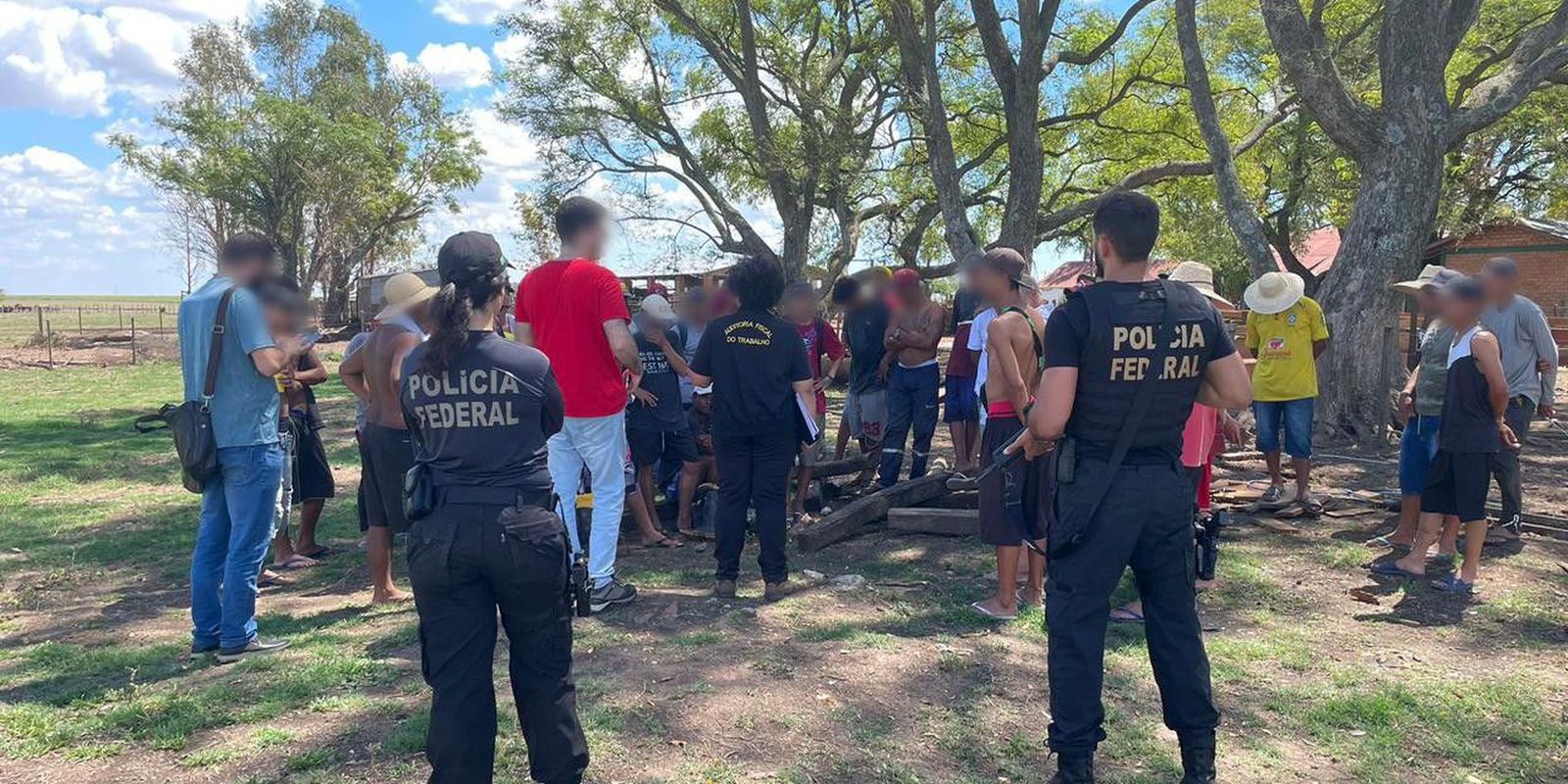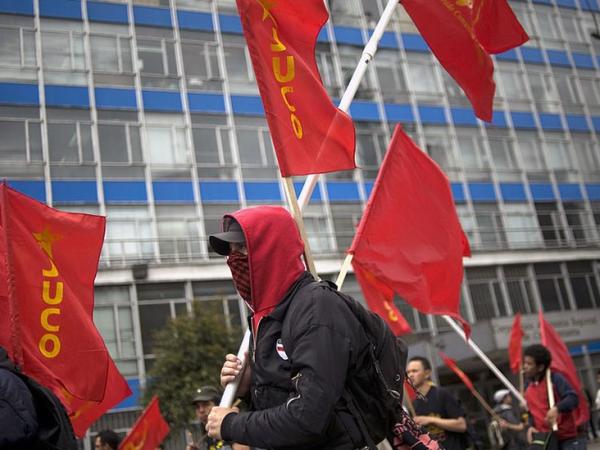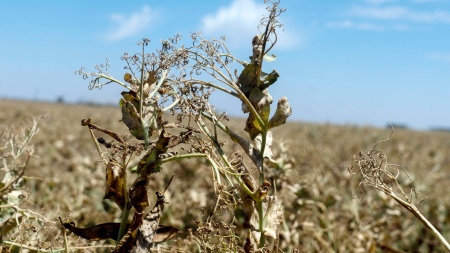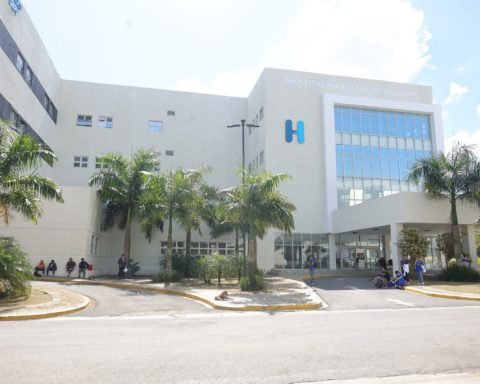A complaint led public servants from the Public Ministry of Labor (MPT) and Labor and Employment (MTE) to free 56 people subjected to working conditions similar to slavery in Uruguaiana (RS).
Of the 56 workers rescued this Friday (10), ten were between 14 and 17 years old. The victims of contemporary slavery worked on two rice farms on the Santa Adelaide and São Joaquim ranches, in the city of Rio Grande do Sul.
According to the MPT, in addition to not receiving the necessary protective equipment and instruments from employers to harvest the cereal or apply pesticides on the plantation, the workers were not registered. And even before the start of the work day, they had to walk long distances under the sun to reach the planting areas.
The operation, which had the support of the Federal Police (PF), resulted in the largest number of people rescued from conditions analogous to slavery ever recorded in Uruguaiana. According to the MPT, the workers were recruited for the service by an agent looking for labor in cities in the region, such as Itaqui, São Borja, Alegrete and in Uruguaiana itself.
Also according to the Public Ministry, the victims reported that they received R$100 a day, but had to pay for food and even for part of the work tools they used. “Under these conditions, the food was constantly spoiling and the workers wouldn’t eat anything all day. If any of them got sick, their remuneration would be deducted”.
In a note, the MPT also states that, according to the victims’ reports, a teenager had an accident while handling a machete to harvest rice, having partially lost the movement of one of his feet.
The man responsible for intermediating the hiring of workers was arrested in flagrante delicto, accused of subjecting people to conditions analogous to slavery (Art. 149 of the Penal Code). The owners of the two farms will be notified to sign the rescued work papers and pay the due severance pay. The MPT still intends to ask in court that the landowners be obliged to indemnify the victims for individual and collective moral damages.
The workers, on the other hand, were sent back to their homes and will immediately receive three installments of unemployment insurance.

















